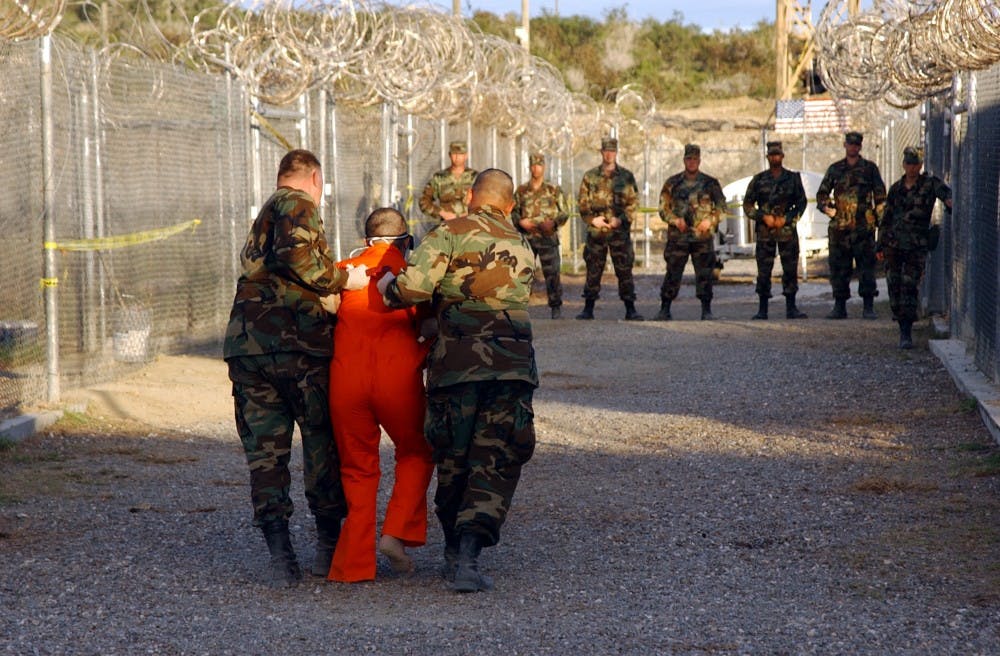On Jan. 22, 2009, President Obama signed Executive Order 13492 stating that Guantanamo Bay would close within one year of its signing. What happened to the “prompt and appropriate disposition of the individuals currently detained at Guantanamo and closure of the facilities in which they are detained?”
The administration did not account for logistical setbacks and Congressional resistance, so inquiries conducted concerning the prisoners were inconclusive. Since Obama cited the Geneva Conventions as the rationale behind multiple points, humanitarian rights and interrogation techniques were taken into consideration. However, with the lack of comprehensive records on multiple prisoners, action has neither been swift nor efficient.
The United States has occupied Guantanamo Bay since 1903 “for coaling and naval stations.” After Obama’s efforts to rekindle positive relations with Cuba, Raúl Castro stipulated that Guantanamo Bay must return to the jurisdiction of Cuba.
Seven hundred and eighty men have been imprisoned at Guantanamo since 2002. As of Nov. 16, 107 detainees remained in Guantanamo Bay. On Tuesday, five Yemeni prisoners were sent to the United Arab Emirates. Although Obama has drastically reduced the number of prisoners from the beginning of his tenure in office, opposition remains in Congress regarding funding for transfers. Disagreements remain over final locations and actual reparations required from detainees.
The White House has hinted at the possibility of further executive action to permanently close Guantanamo, which might be necessary for expedited finality but is not an ideal plan of action. Rather than attempting to issue another executive order in the final months of his term, Obama should endeavor to enlist the support of Congress for his last attempts at permanently closing the detention center. The importance of the decision lies in correct disbanding of the detention center, not in a “concluded mission” of the administration.
Nearly seven years have passed since the initial attempt to close Guantanamo, and while progress is slow, rushing to a resolution too quickly could potentially cause improper placement of detainees, inaccurate assessment of crimes or even rekindled tension with Cuba. Gridlock, although frustrating, has historically provided checks and balances between the executive and legislative branch. Although legal counsel differs on the constitutionality of Obama taking further steps to move detainees, the notion of separation of powers is clear — hence the need for a joint effort from Congress and the president.
The pressing issues of inhumane treatment, torture, minors at the camp and coercion to become spies are all problems that Obama is attempting to mitigate with the closure of the site. Whether or not the detention center is within the realm of U.S. control (for the purpose of determining what interrogation methods are acceptable) is no longer relevant. At this point, especially in the wake of other international tragedies and pressure to implement U.N. humanitarian standards, Guantanamo should be closed without extensive executive action.

